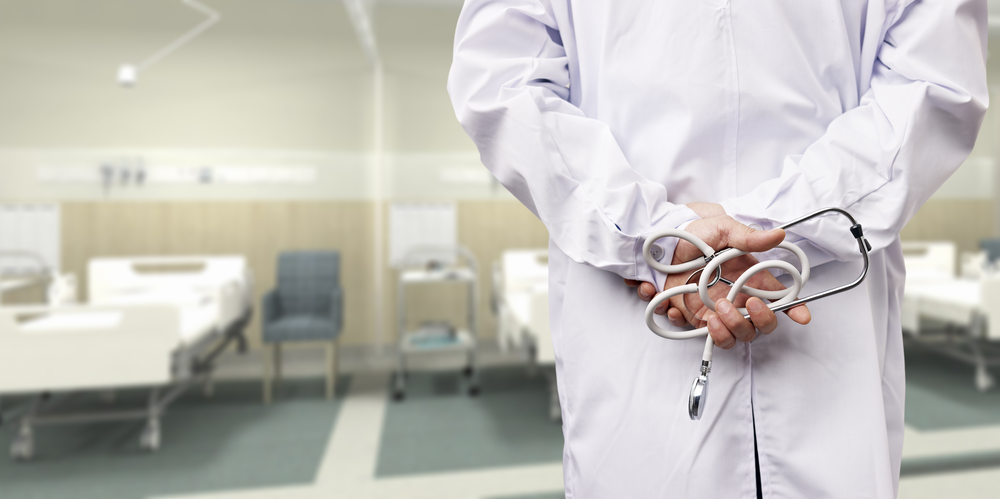The Ministry of Health (MOH) has announced that a total of 319 new cases of human immunodeficiency virus (HIV) infections were reported among Singapore residents in the first 10 months (January – October) of 2016.
The report was released in conjunction with World Aids Day on Thursday (1 December).
Of these, MOH stated that it has analysed 206 cases reported in the first 6 months (January – June) of 2016. Of these new cases:
- 94% were male.
- Nearly half (49.5%) were aged 20 to 39 years.
- About 38% already had late-stage HIV infection when they were diagnosed, which was similar to proportion of 39% for last year.
MOH reminds member of the public that sexual intercourse remains the main mode of HIV transmission, accounting for 94% of the 206 cases. Heterosexual transmission was the mode of transmission for 32% of all cases while 56% were from homosexual transmission and 5% were from bisexual transmission.
It said that about 40% of the newly reported cases were detected by HIV tests done in the course of medical care. Another 28% were detected during routine programmatic HIV screening while 27% were detected through voluntary HIV screening. The rest were detected through other types of screening.
When differentiated by sexual transmission, a higher proportion of homosexuals/bisexuals (40%) had their HIV infection detected via voluntary screening compared to heterosexuals (3%).
MOH said that the most effective way to prevent HIV infection is to remain faithful to one’s spouse/partner and to avoid casual sex, and sex with sex workers. Persons engaging in high-risk sexual behaviour, such as having multiple sexual partners or engaging in casual or commercial sex, are strongly advised to use condoms to reduce their risk of HIV infection. Condoms should be used consistently and correctly during every sexual encounter.
MOH and the Health Promotion Board (HPB) said that they urge individuals at risk of HIV infection to go for regular HIV testing. Regular HIV testing can help diagnose an infected person at an early stage of infection. Early diagnosis allows for early treatment and care, provides the opportunity for those infected to learn about protecting their partners from infection. With early and effective treatment, persons living with HIV can delay the onset of Acquired Immune Deficiency Syndrome (AIDS) and continue to lead an active and productive life.
HPB noted that it has been working with partner organisations to conduct programmes and campaigns targeted at high-risk individuals to encourage them to take proactive measures such as going for regular HIV testing early. Adopting a lifestyle-based approach, these programmes reach out to high-risk individuals via social settings, increasing the targeted reach.








